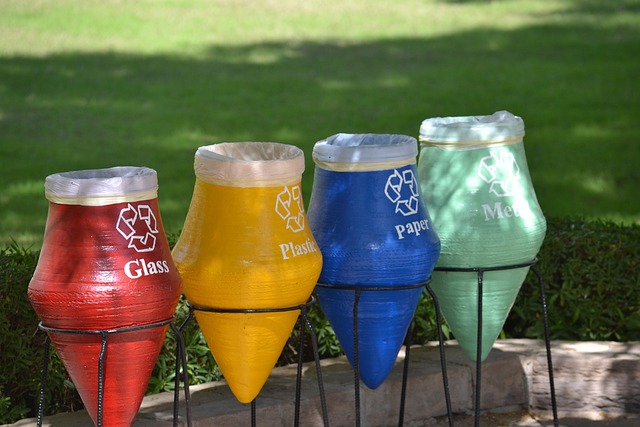Coastal tourism destinations are known for their beauty, but they also face a significant waste problem. Tourism generates a lot of waste, and inadequate waste management infrastructure makes it challenging to manage. This waste can harm wildlife, habitats, and ecosystems and turn away potential tourists. However, efforts are being made to address this waste problem, including recycling programs, beach clean-ups, and waste reduction campaigns. Sustainable waste management practices not only benefit the environment and the local community's health and livelihoods but can also have a positive impact on tourism. Coastal tourism destinations must prioritize sustainability and adopt zero-waste principles to attract environmentally conscious travelers.
Zero-waste movement is a sustainable approach that has been gaining momentum in recent years. The concept of zero-waste involves the reduction of waste generated during production and operation processes. The aim of zero-waste is to adopt a circular economy model where resources are kept in use for as long as possible and waste is minimized through various methods such as recycling, composting, and redesigning products to be more eco-friendly. By adopting a zero-waste business model, businesses can reduce their environmental impact and reap financial benefits while inspiring others to follow suit.
The zero-waste movement presents an excellent opportunity for businesses to mitigate the negative effects of tourism on coastal destinations and pave the way for a more sustainable future. By embracing a circular economy model and reducing waste businesses can not only protect the natural resources of the coastal area but also benefit financially and inspire others to follow suit.
While transitioning to a zero-waste business model may not be possible overnight, businesses can start taking steps towards reducing their waste and environmental impact, such implementing recycling and composting programs, using eco-friendly materials, and packaging, and educating employees and customers on sustainable practices.
Tips for a small business:
- Identify the types and quantities of waste. This will help to identify areas where waste can be reduced.
- Focus on reducing waste at the source by choosing eco-friendly materials and products that are durable, reusable, and recyclable.
- Avoid single-use plastics and packaging whenever possible.
- Implement recycling and composting programs. Educate staff and customers on proper waste sorting and disposal.
- Choose products made from eco-friendly materials.
- Offer refillable or reusable options for things like water bottles and coffee cups.
- Choose packaging that is compostable or recyclable, and avoid excess packaging whenever possible.
- Work with other local businesses and organizations to promote zero-waste practices and host joint events such as beach clean-ups and waste reduction campaigns.
- Educate staff & customers on how to properly sort waste and recycle.
The Coastal and Marine Tourism curriculum, along with the outcomes of the Skills4CMT project (2020-2023), offer valuable insights for students and small business owners operating in coastal areas. By leveraging these resources, individuals can play a crucial role in promoting sustainability and responsible practices in European cold-water destinations.

Text: Jaana Ruoho, Satakunta University of Applied Sciences
Photo in the beginning of the page: Pixabay
Photo: Jaana Ruoho


